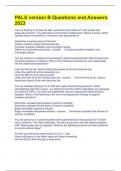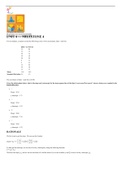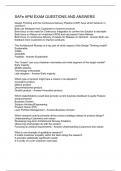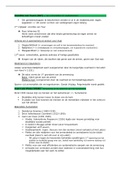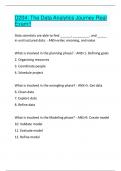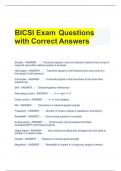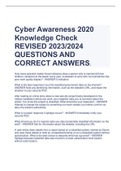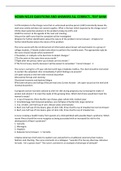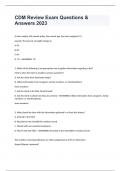Tentamen (uitwerkingen)
PALS version B Questions and Answers 2023
- Vak
- Instelling
PALS version B Questions and Answers 2023 You are treating an 8-year-old with ventricular tachycardia (VT) with pulses and adequate perfusion. You attempted synchronized cardioversion without success. While seeking expert consultation, it would be most appropriate to: Administer a loading dose ...
[Meer zien]
